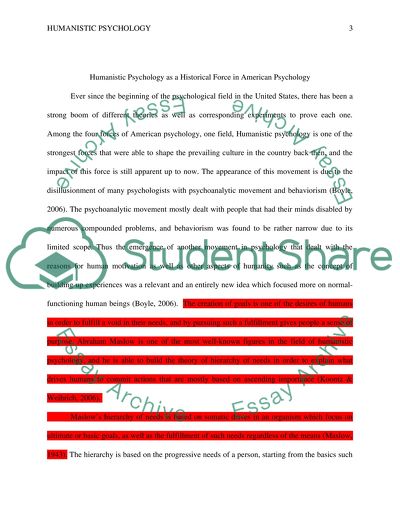Cite this document
(“Humanistic Psychology as a Historical forces in American Psychology Research Paper”, n.d.)
Retrieved from https://studentshare.org/psychology/1455910-historical-forces-in-american-psychology
Retrieved from https://studentshare.org/psychology/1455910-historical-forces-in-american-psychology
(Humanistic Psychology As a Historical Forces in American Psychology Research Paper)
https://studentshare.org/psychology/1455910-historical-forces-in-american-psychology.
https://studentshare.org/psychology/1455910-historical-forces-in-american-psychology.
“Humanistic Psychology As a Historical Forces in American Psychology Research Paper”, n.d. https://studentshare.org/psychology/1455910-historical-forces-in-american-psychology.


